Castro Makes Overture to Free Speech
Cuba's acting president, Raul Castro, hinted at boosting freedom of expression this week, inviting university students to debate without fear. The remarks signal a departure from the practices of his brother, Fidel, who handed over power after undergoing surgery in July.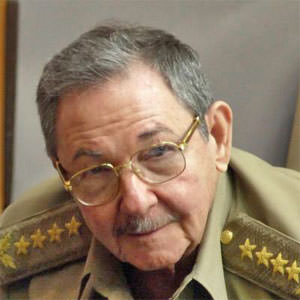
Cuba’s acting president, Raul Castro, hinted at boosting freedom of expression this week, inviting university students to debate without fear. The remarks signal a departure from the practices of his brother, Fidel, who handed over power after undergoing surgery in July.
Your support matters…Washington Post:
Raul Castro, who is Cuba’s defense minister, tempered his remarks by telling the students that a “unified command” is a key military principle, but “that doesn’t mean that discussions can’t happen.”
The notion of freewheeling political debate is almost unheard-of in Cuba, where many residents fear repercussions if they criticize the government. But it is not without precedent. At one time, Raul Castro encouraged open debate, including criticism of the government, at Cuba’s military college. Such debate has been reined in over recent years, but some experts say they think Raul Castro could one day introduce a similar system of free speech in Cuban society.
“It’s true that Raul Castro has tried over the years to open spaces for conversation,” Jorge Dominguez, a Mexican political analyst who has written extensively about Cuba, said in an interview from Harvard University, where he is teaching this winter.
Independent journalism is under threat and overshadowed by heavily funded mainstream media.
You can help level the playing field. Become a member.
Your tax-deductible contribution keeps us digging beneath the headlines to give you thought-provoking, investigative reporting and analysis that unearths what's really happening- without compromise.
Give today to support our courageous, independent journalists.

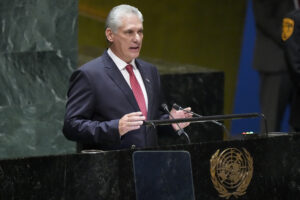
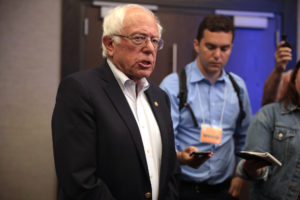
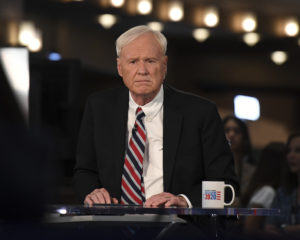
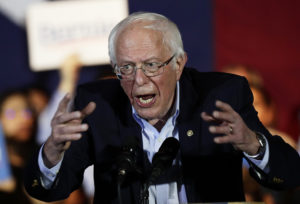
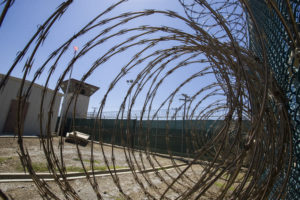
You need to be a supporter to comment.
There are currently no responses to this article.
Be the first to respond.